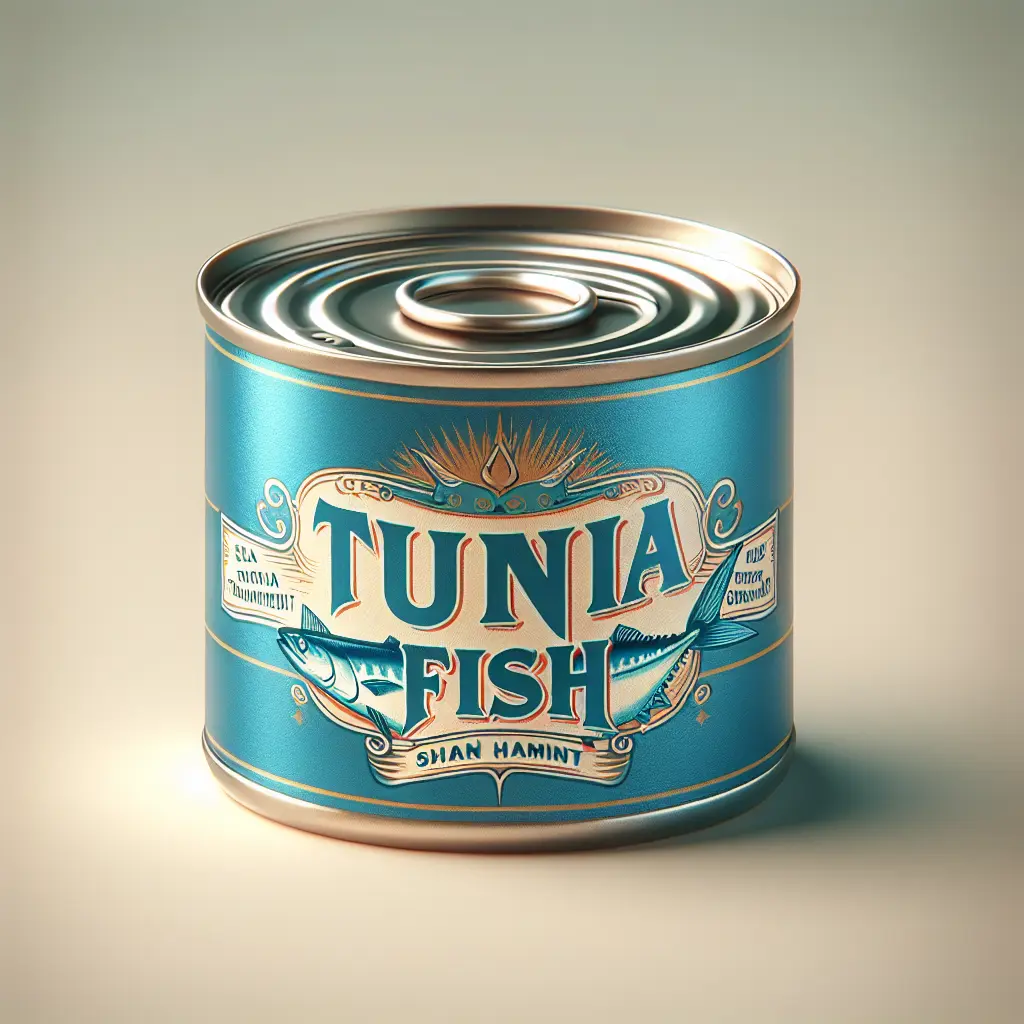Tuna Fish: A Nutritional Powerhouse
Tuna fish stands out as an exceptional source of nourishment, offering an impressive array of essential nutrients. Each serving of canned tuna, approximately one can, provides an abundance of protein, a cornerstone of a healthy diet. With 41 grams of protein per serving, tuna fish effectively supports muscle growth, repair, and maintenance.
Beyond its protein content, tuna fish is a rich source of essential fatty acids, particularly omega-3 fatty acids. These fatty acids play a vital role in maintaining heart health by reducing inflammation and lowering triglycerides. Additionally, tuna fish is low in saturated fat and cholesterol, making it a heart-friendly food choice.
Health Benefits of Tuna Fish
Incorporating tuna fish into your diet offers a multitude of health benefits that extend beyond its nutritional content. This versatile seafood has been linked to improved heart health, effective weight management, and enhanced brain function.
-
Heart Health: The omega-3 fatty acids in tuna fish contribute significantly to heart health. These fatty acids reduce inflammation, lower blood pressure, and improve cholesterol levels, collectively reducing the risk of heart disease and stroke.
-
Weight Management: Tuna fish is an excellent source of lean protein, which promotes satiety and helps control appetite. By consuming tuna fish, individuals can feel fuller for longer periods, potentially reducing overall calorie intake and supporting weight management goals.
-
Brain Function: The omega-3 fatty acids in tuna fish are crucial for brain health and function. These fatty acids support cognitive abilities, improve memory, and potentially reduce the risk of neurodegenerative diseases like Alzheimer's.
Types of Tuna Fish
The vast world of tuna encompasses various species, each with unique characteristics and nutritional profiles. Some notable types of tuna include:
-
Albacore Tuna: Albacore tuna is a large species with a mild, delicate flavor. It is typically canned or sold as steaks.
-
Yellowfin Tuna: Yellowfin tuna is a medium-sized species with a slightly stronger flavor than albacore. It is commonly used in sushi, sashimi, and canned tuna.
-
Skipjack Tuna: Skipjack tuna is a smaller species with a mild, light flavor. It is primarily used in canned tuna.
Incorporating Tuna Fish into Your Diet
Tuna fish is an incredibly versatile ingredient that can be incorporated into various dishes. Here are a few ideas to inspire your culinary creations:
-
Salads: Tuna salad is a classic dish that combines tuna fish with mayonnaise, celery, onion, and other ingredients. It can be served on sandwiches, crackers, or as a salad filling.
-
Sandwiches: Tuna fish sandwiches are a quick and easy lunch option. Tuna salad can be paired with bread, lettuce, tomato, and other toppings.
-
Casseroles: Tuna fish can be added to casseroles for a protein boost. It pairs well with vegetables, pasta, and sauces.
-
Pasta Dishes: Tuna fish can be incorporated into pasta dishes, such as tuna alfredo or tuna primavera, adding flavor and protein to the meal.
History of Tuna Fishing
The history of tuna fishing dates back centuries, with evidence suggesting that tuna was consumed by ancient civilizations in the Mediterranean and Japan. Over time, tuna fishing evolved into a global industry, with advanced fishing techniques and processing methods developed to meet the growing demand for this popular seafood.
In conclusion, tuna fish stands as a nutritional powerhouse, offering an array of essential nutrients and health benefits. Whether consumed fresh, canned, or frozen, tuna fish is a versatile and affordable food option that can contribute to a healthy and balanced diet. Its rich history and cultural significance further add to its appeal, making it a beloved seafood enjoyed worldwide.
How many calories are in Tuna Fish?
Each 1 can of Tuna Fish contains 220 calories.
Tuna Fish Nutritional Information
| Nutrient | Amount per 1 can (172g) |
|---|---|
| Calories | 220 Calories |
| Protein | 41g |
| Fat | 5.1g |
| Saturated Fat | 1.4g |
| Cholesterol | 0.072mg |
| Carbohydrates | 0g |
| Dietary Fiber | 0g |
| Sugar | 0g |
| Sodium | 0.648mg |
| Potassium | 0.4076mg |
| Calcium | 0.024mg |
| Iron | 0.0017mg |
